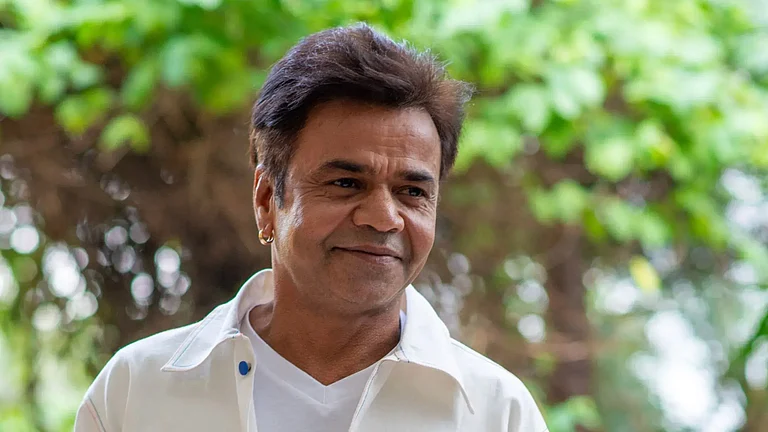YouTube's European head, Pedro Pina, recently addressed the controversial demonetization of Russell Brand's channel amid sexual assault allegations. Pina's talked about the complexities of content moderation, freedom of expression, and the responsibilities of social media platforms.
Russell Brand, a comedian and commentator known for his unfiltered style, boasts 6.6 million subscribers on YouTube. His videos often garner millions of views, and his recent interview with Tucker Carlson attracted 2.5 million viewers. However, Brand's online presence faced a significant setback when YouTube decided to demonetize his channel.
The move came in response to allegations of sexual assault made against Brand by four women. He vehemently denies these allegations, portraying them as part of a coordinated effort by the "mainstream media" to silence him. YouTube cited Brand's alleged "off-platform behavior" as the reason for enforcing its "creator responsibility policy."
Pedro Pina clarified that demonetization does not equate to censorship. Brand's videos will still be recommended by YouTube's algorithm, ensuring that his content remains accessible to users. However, the demonetization means that Brand will no longer earn income from the platform. Pina emphasized that this action was taken solely due to the alleged off-platform behavior that violated YouTube's policies.
YouTube has not ruled out further actions against Brand if he were to spread misinformation or violate other editorial rules. Pina stated that YouTube would closely monitor the situation and decide on additional measures, including a potential ban, if necessary.
The demonetization of Russell Brand's channel has sparked a broader conversation about content moderation in the digital era.In Brand's case, the allegations against him have divided public opinion. Some view the demonetization as a responsible move by YouTube to hold creators accountable for their off-platform actions, emphasizing the platform's commitment to community safety. Others perceive it as a potential threat to freedom of expression, raising concerns about the influence of major platforms in shaping public discourse.
The Russell Brand case also underscores the challenges of enforcing content policies consistently. Determining what constitutes "off-platform behavior" that warrants action by a platform is a complex and evolving process. It raises questions about the extent of a platform's authority in policing its creators' actions beyond the platform itself.


























